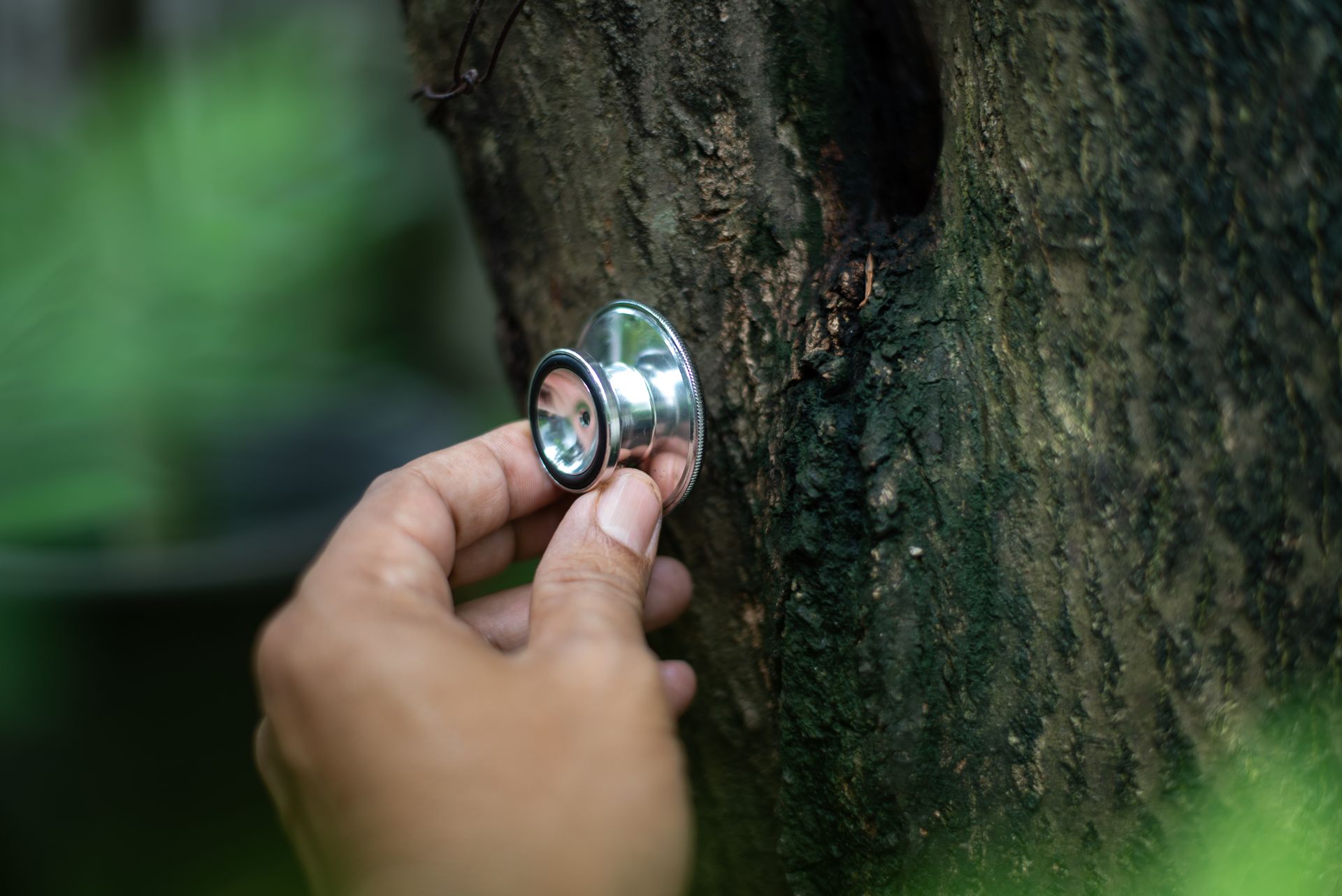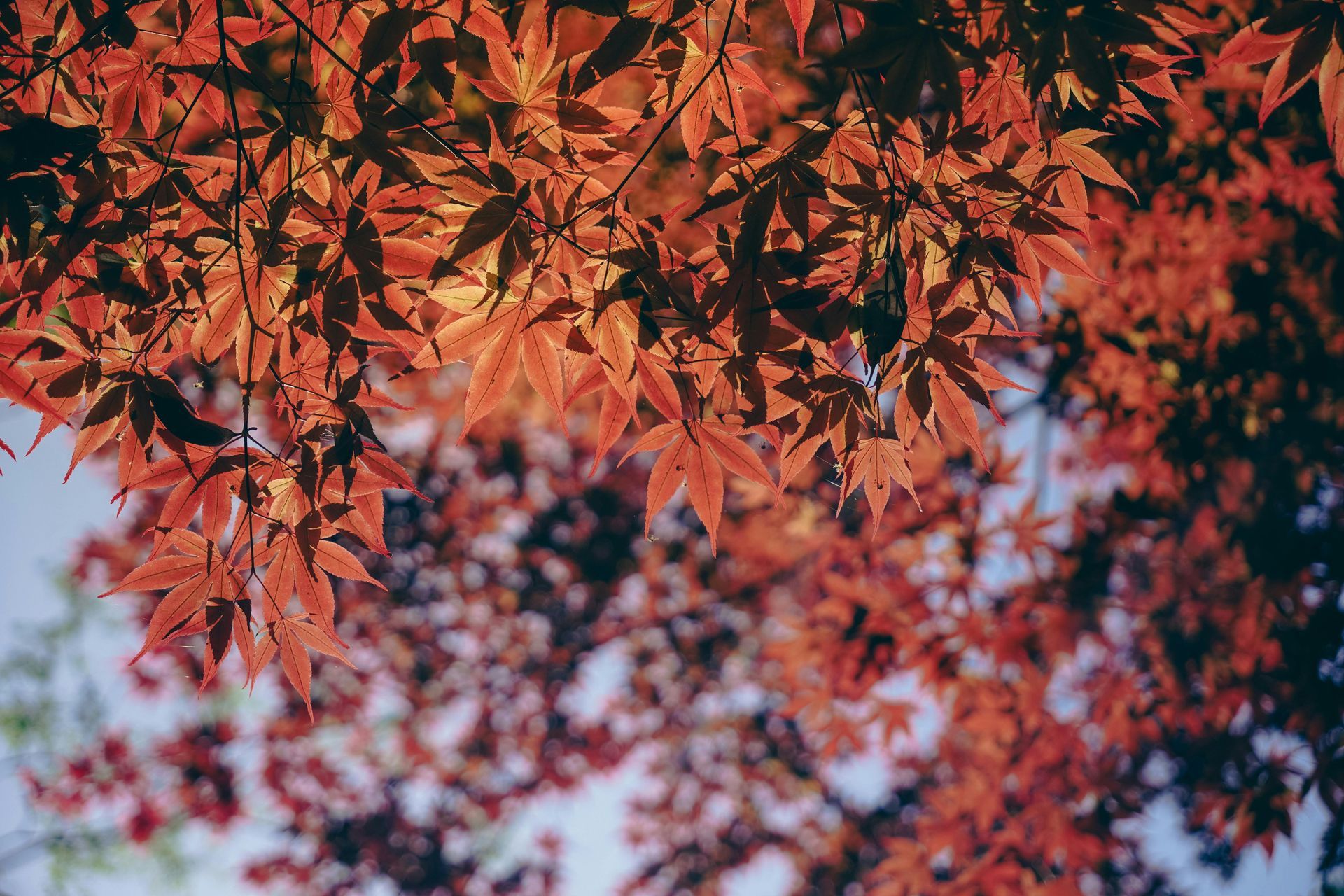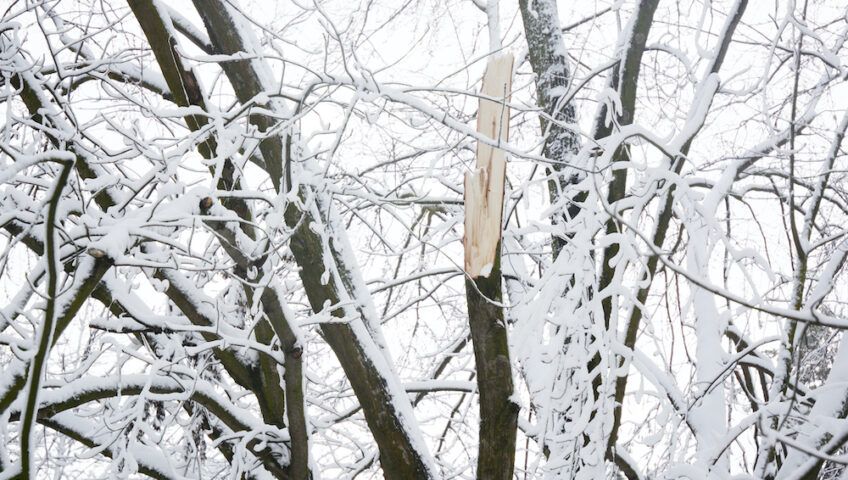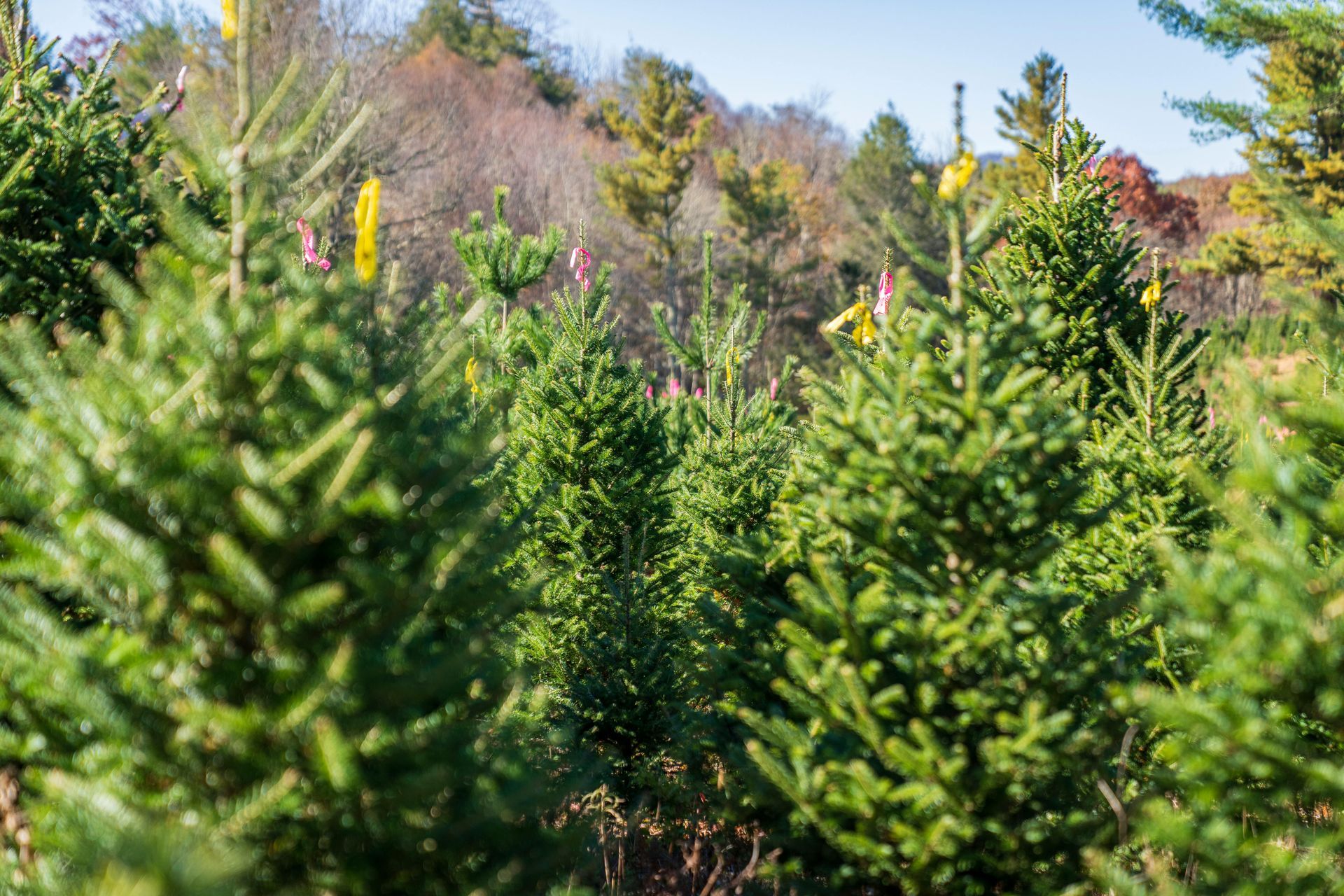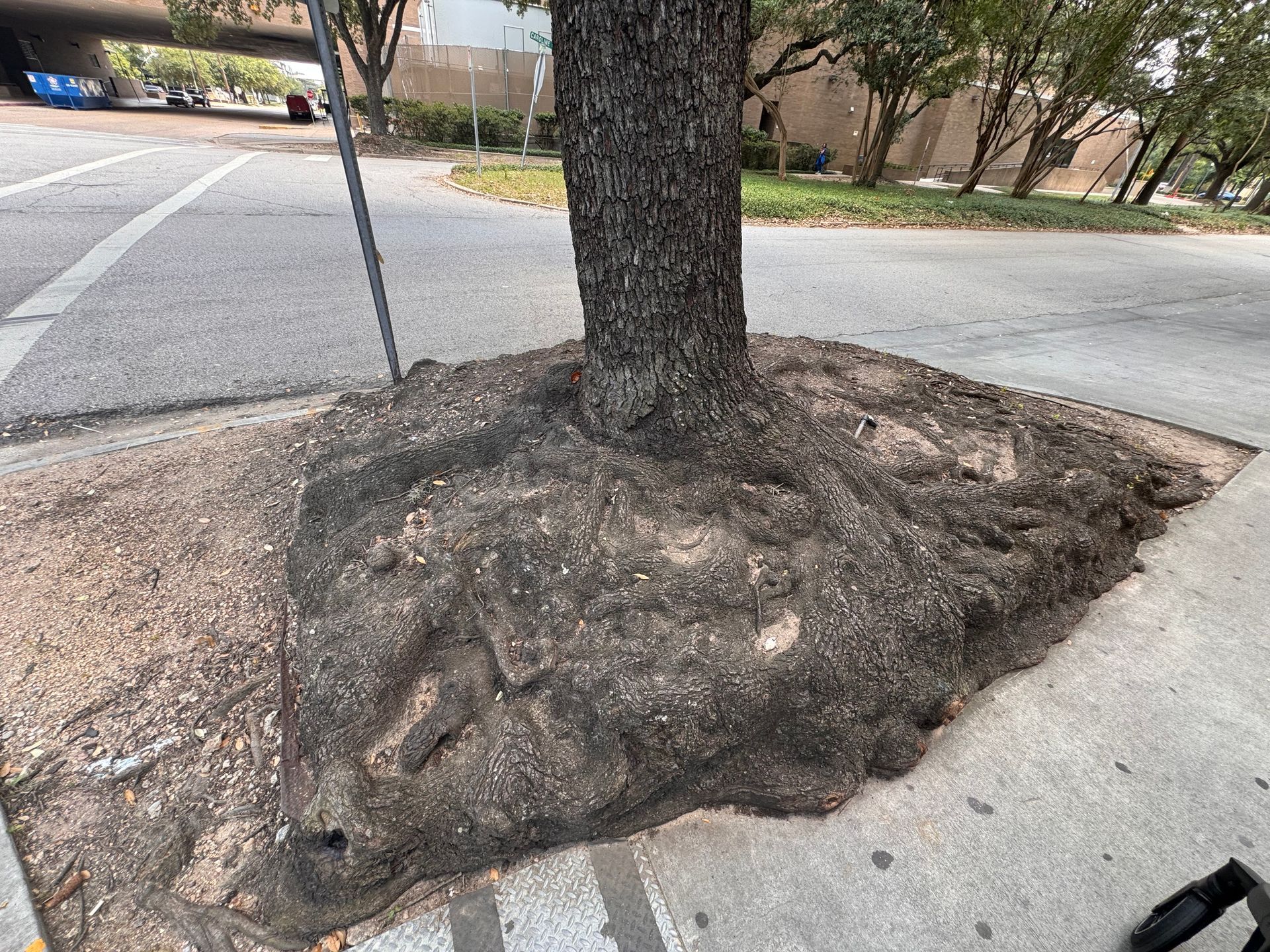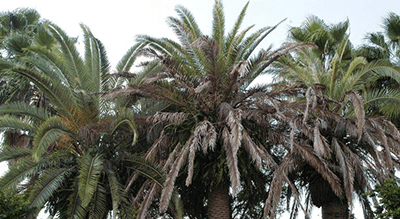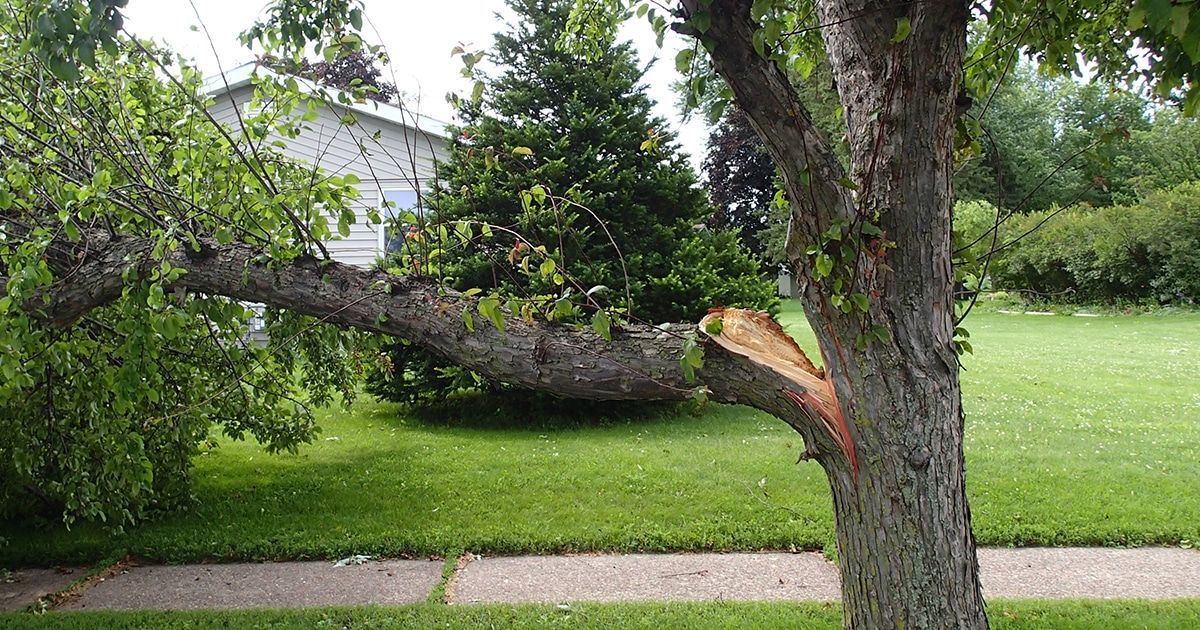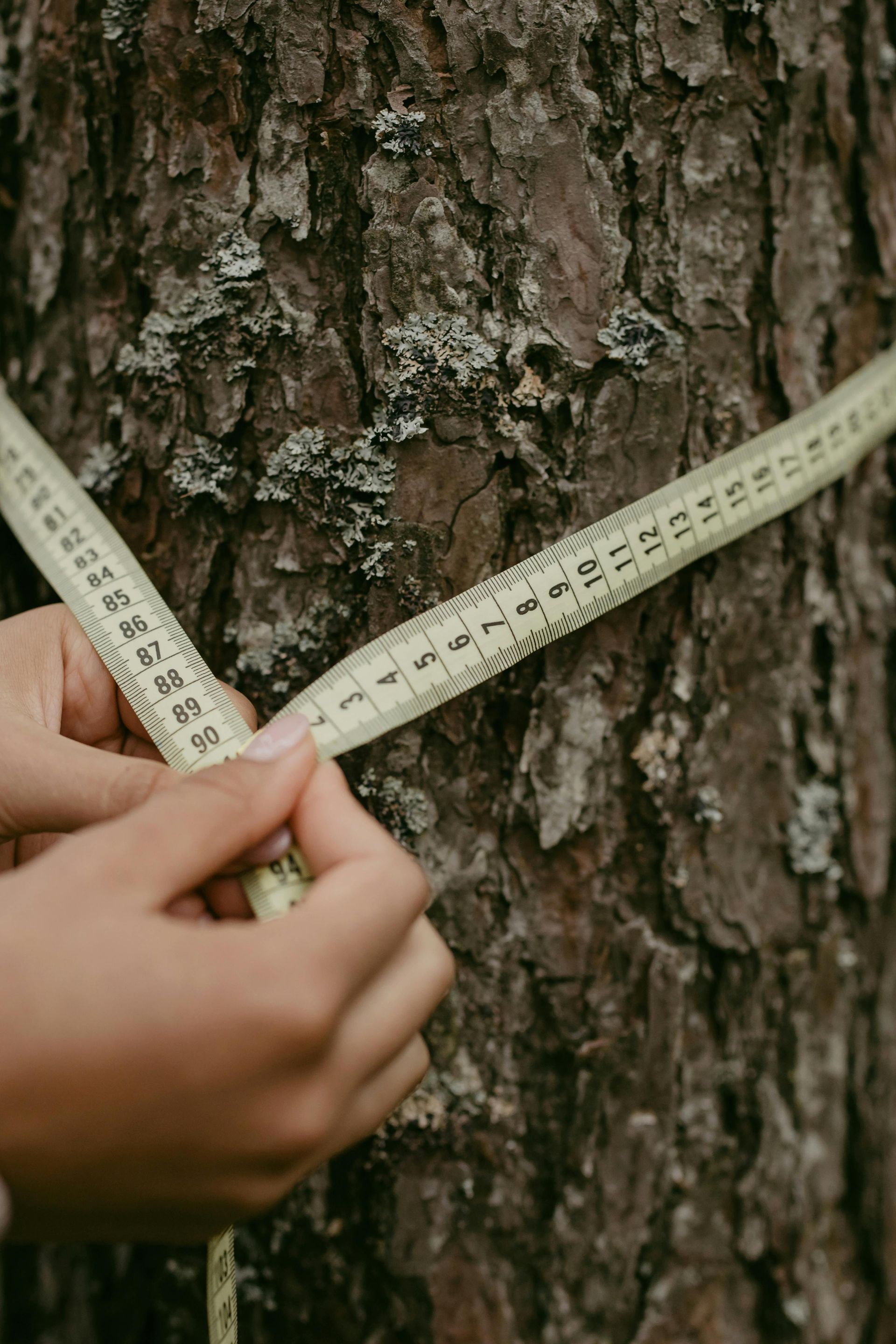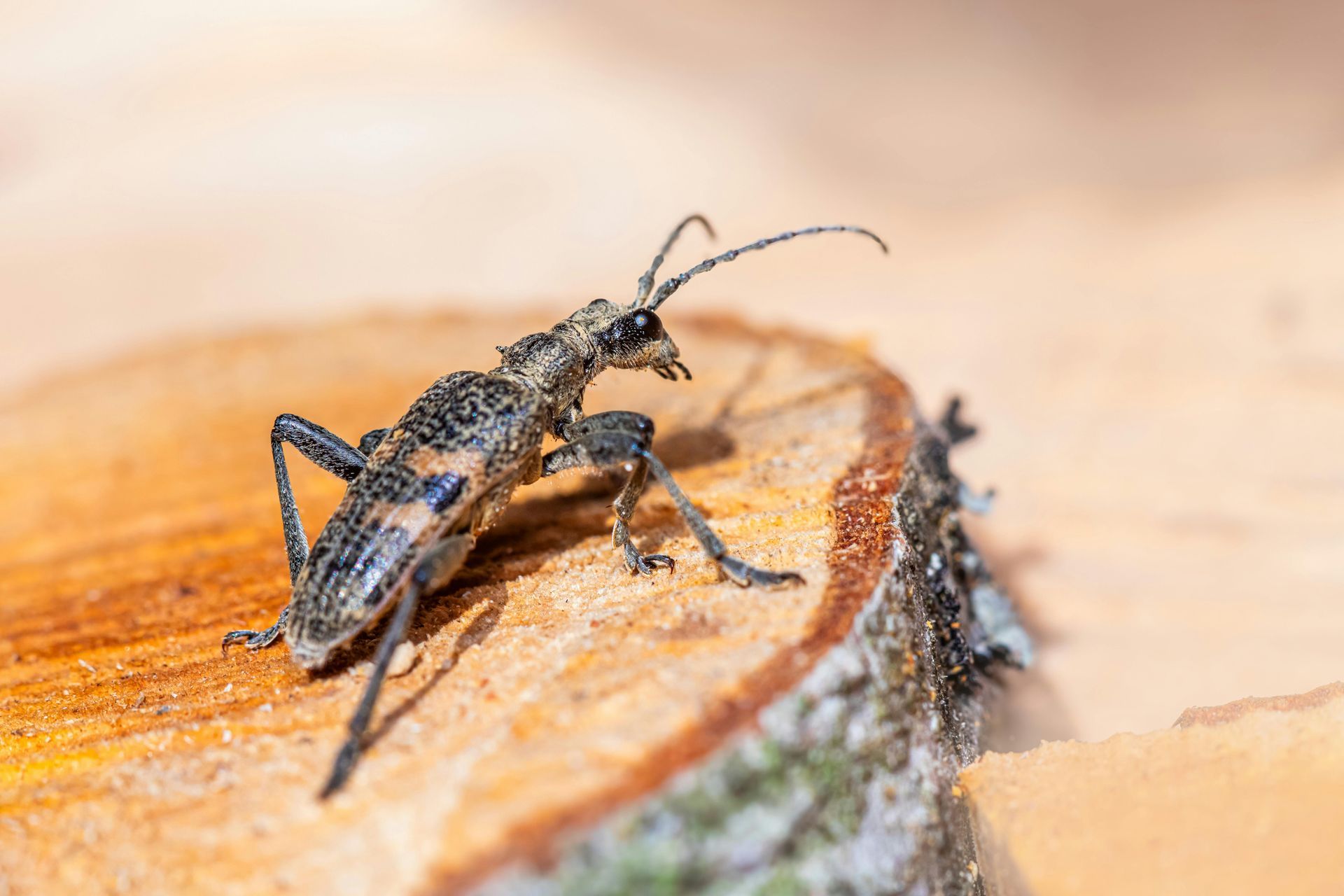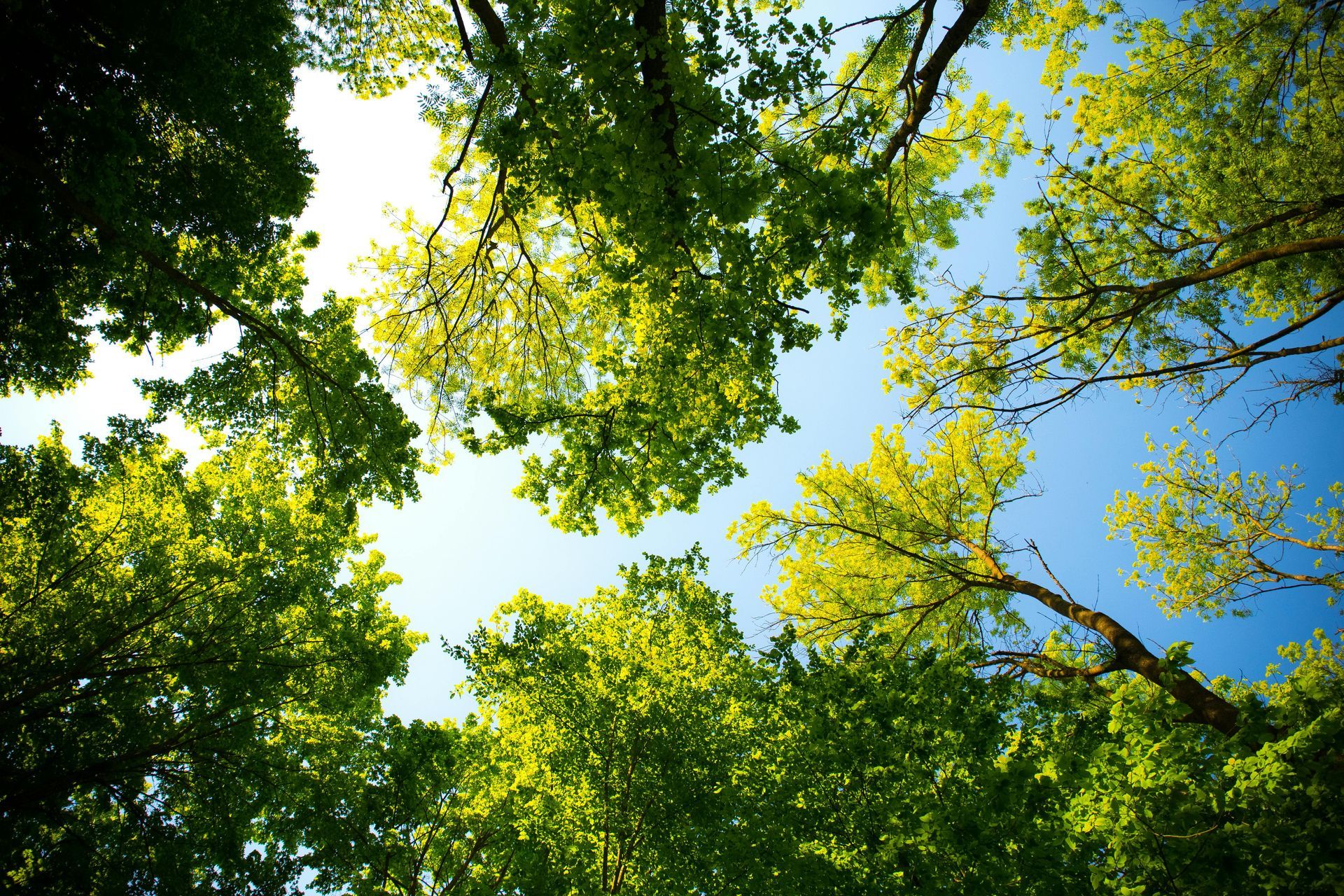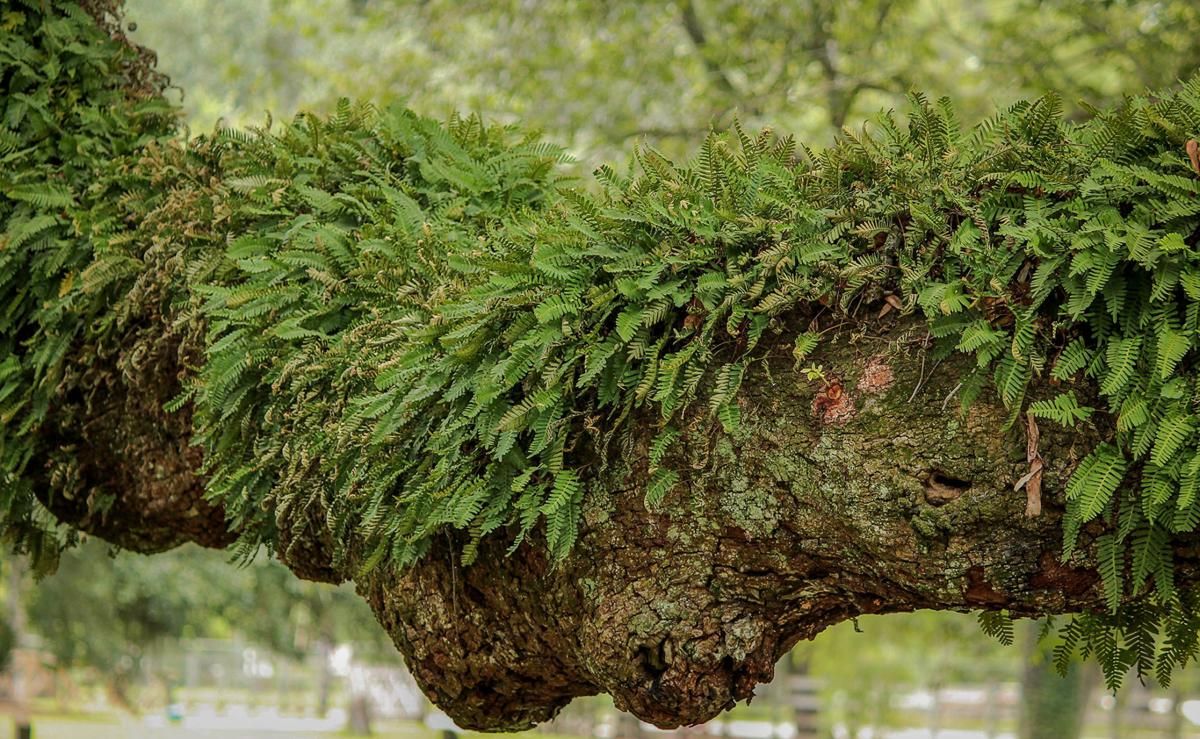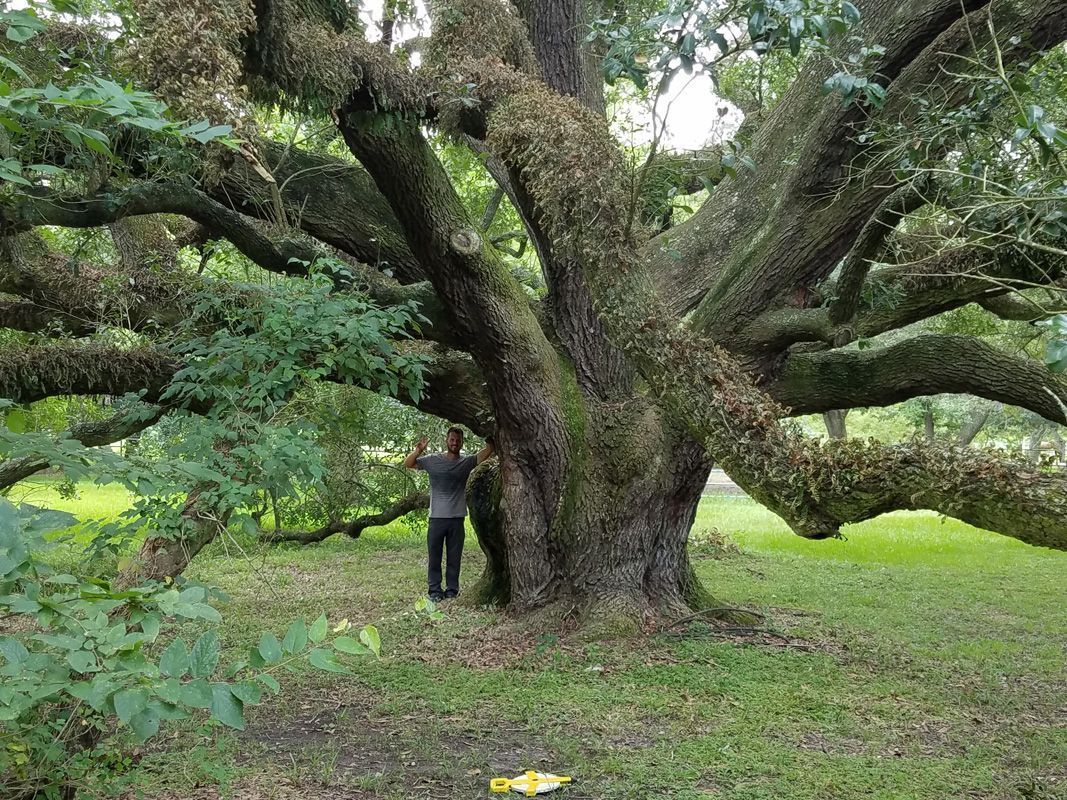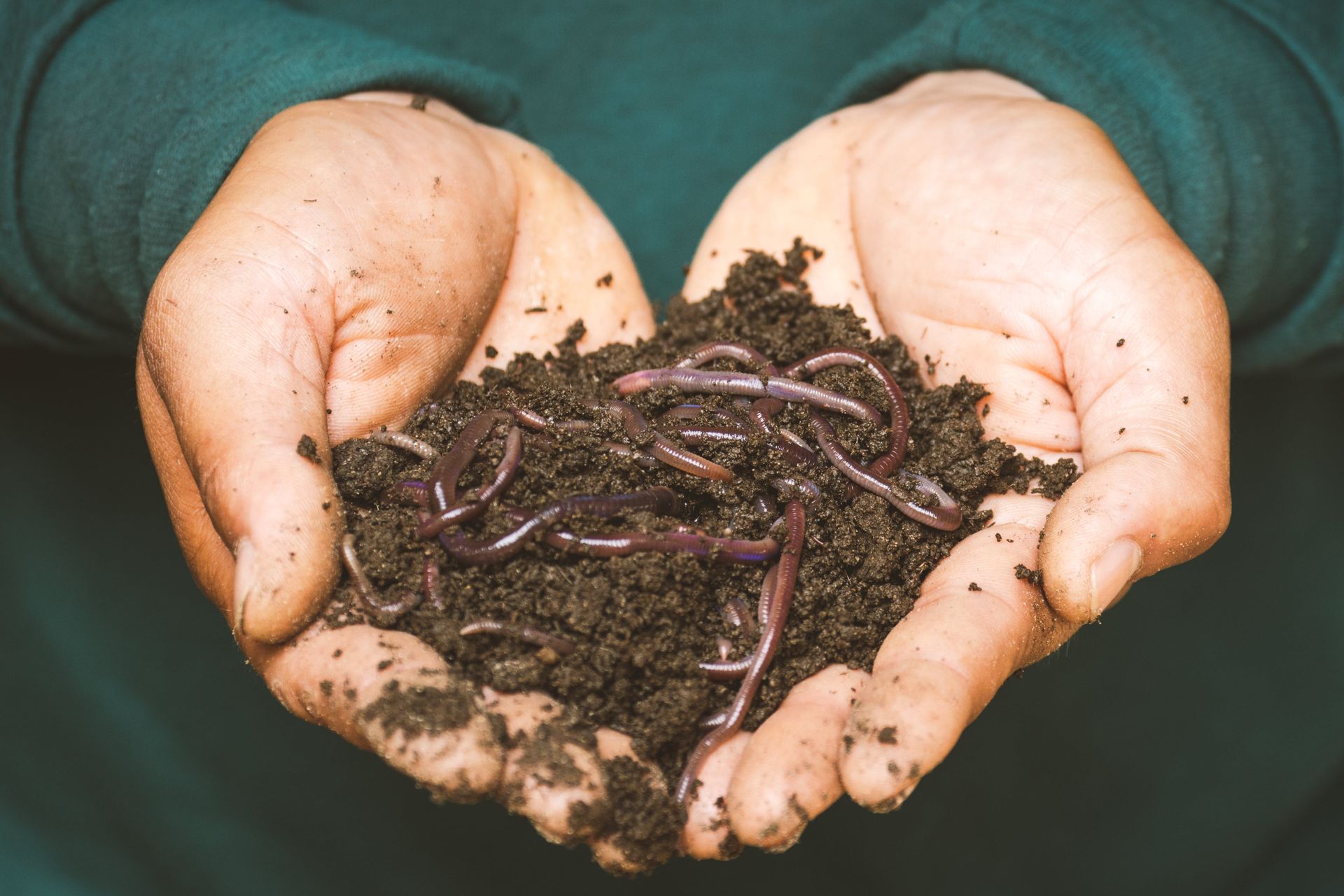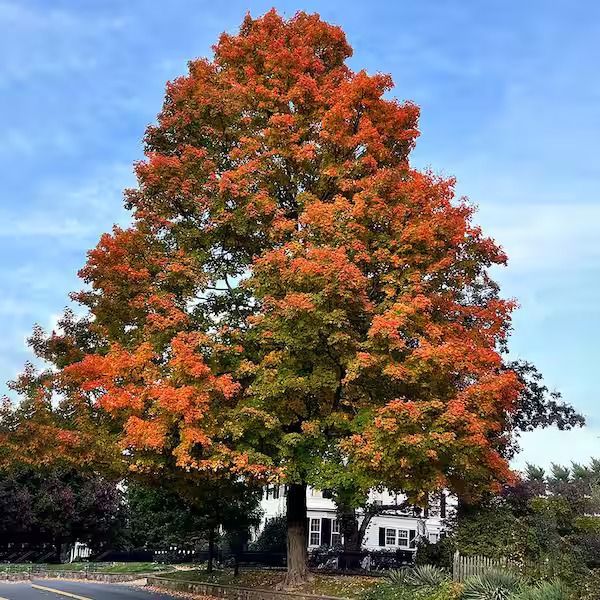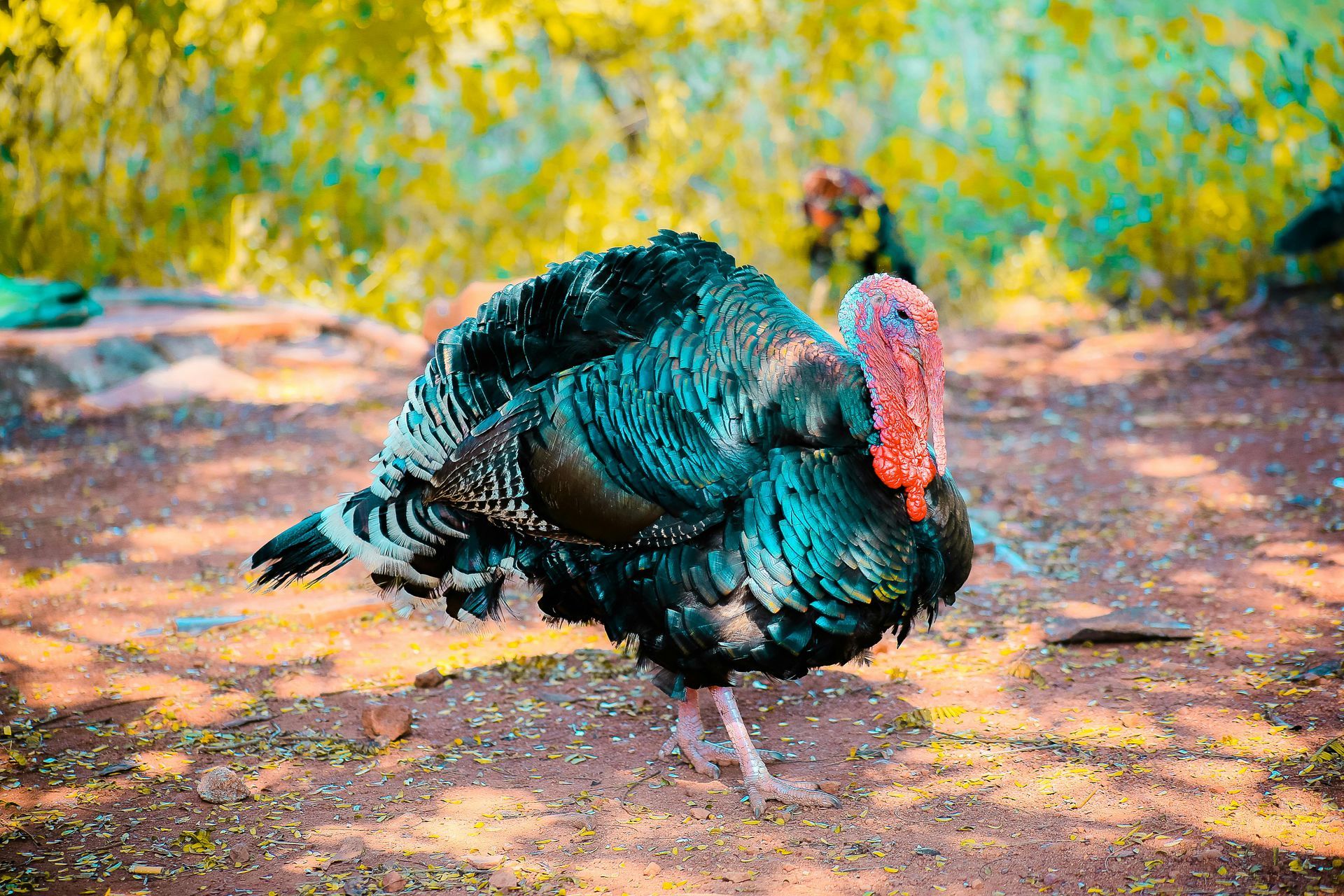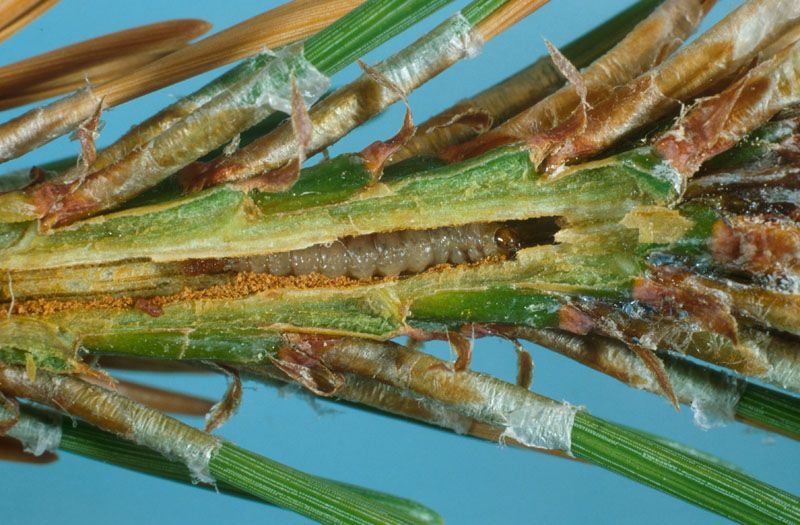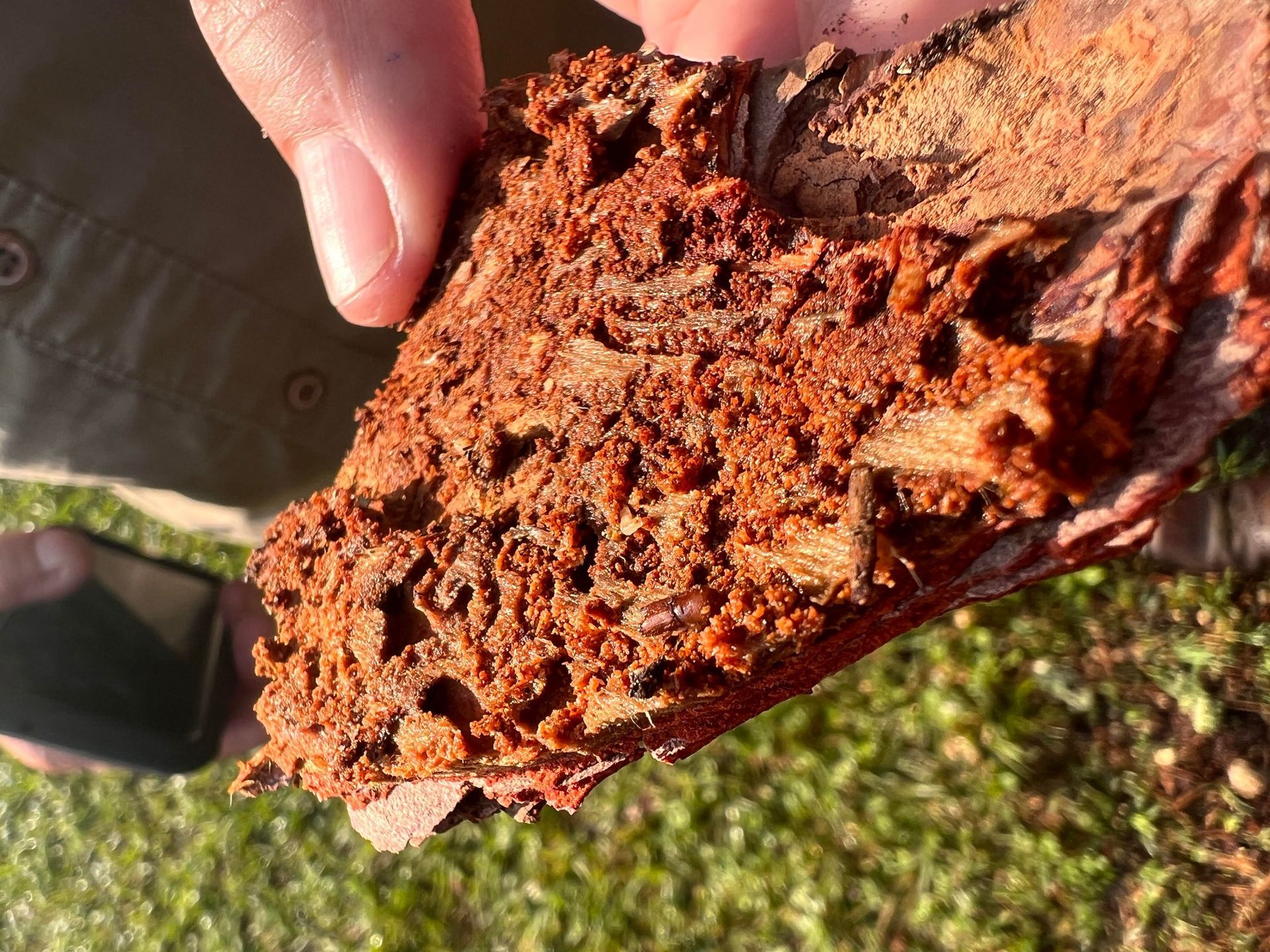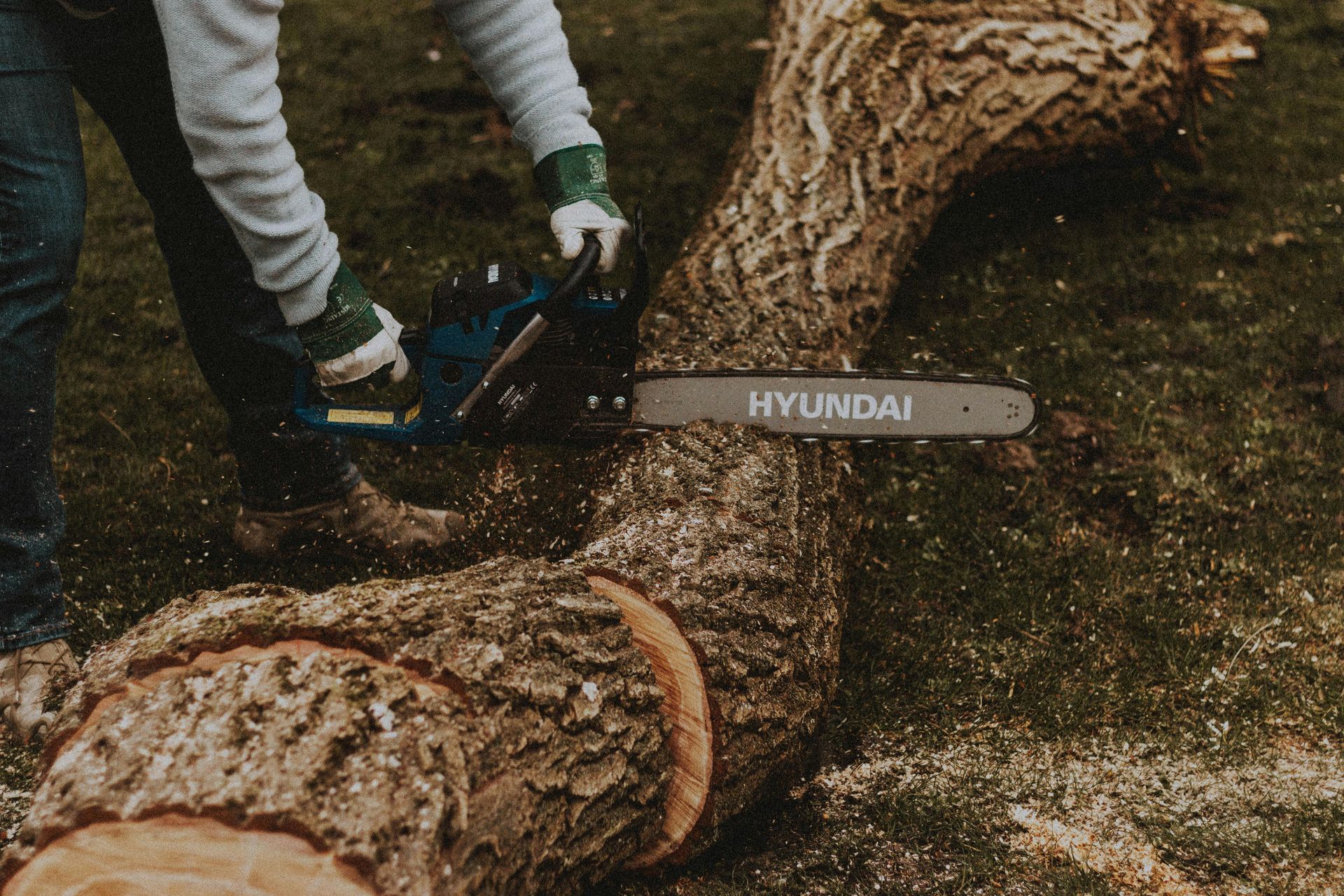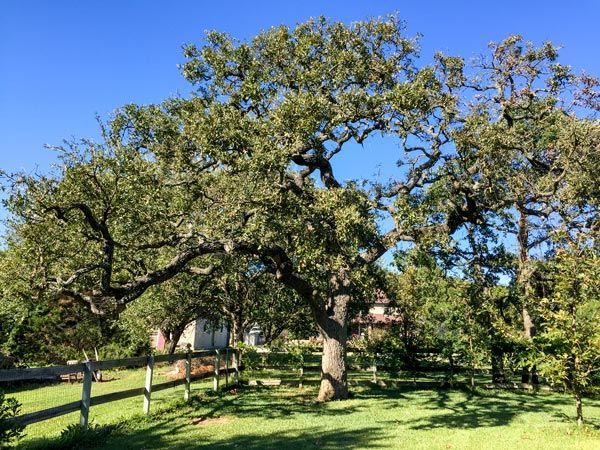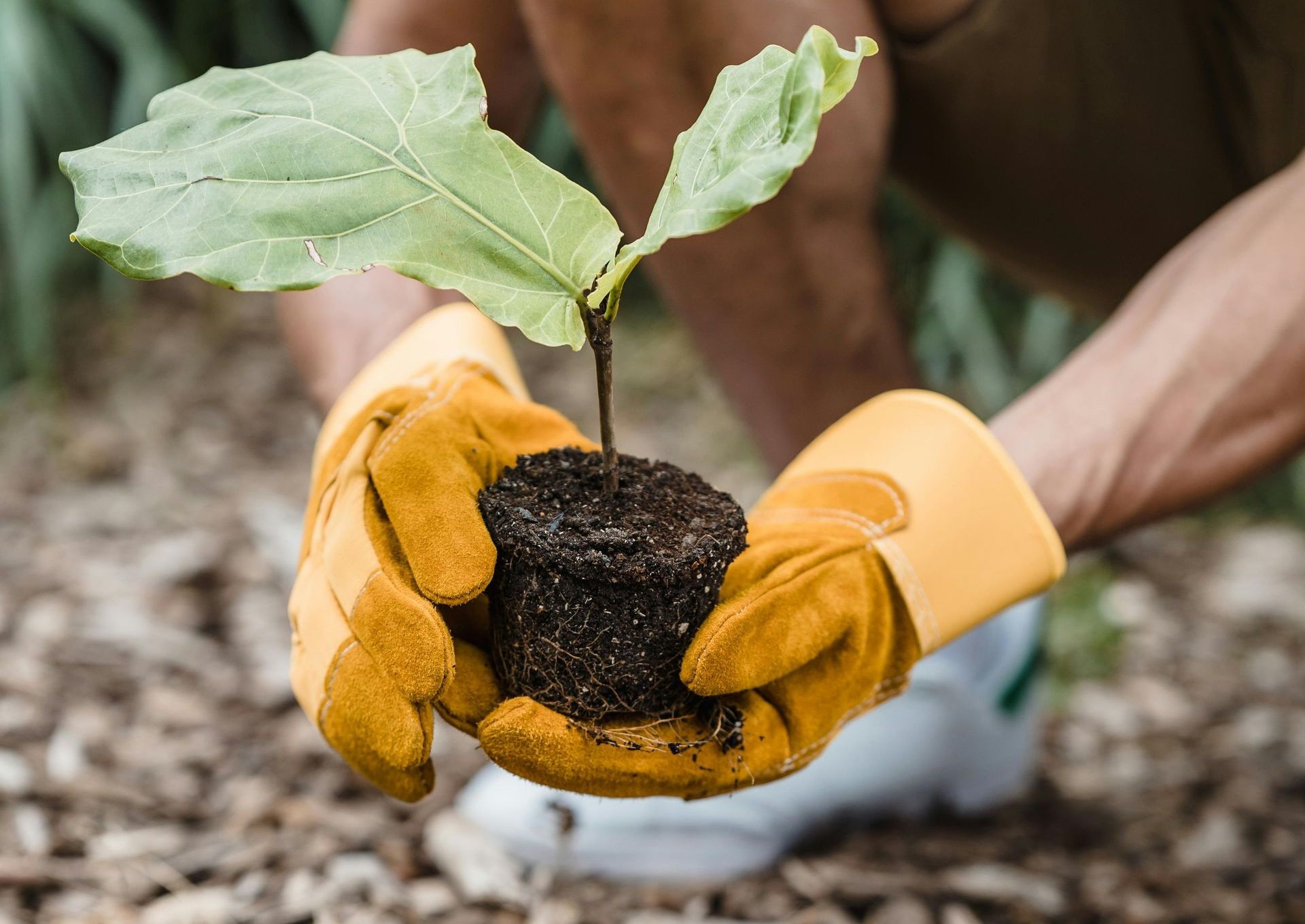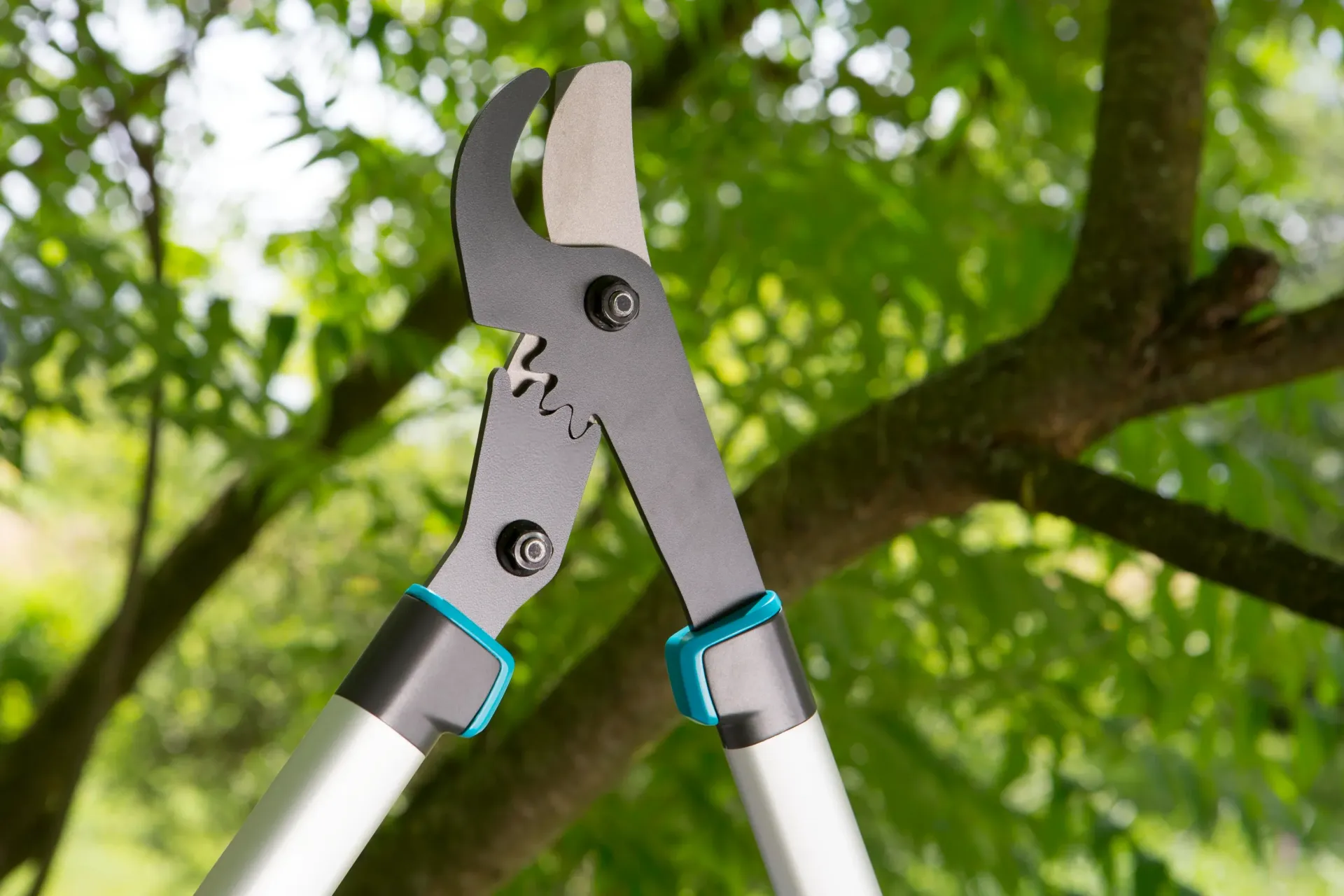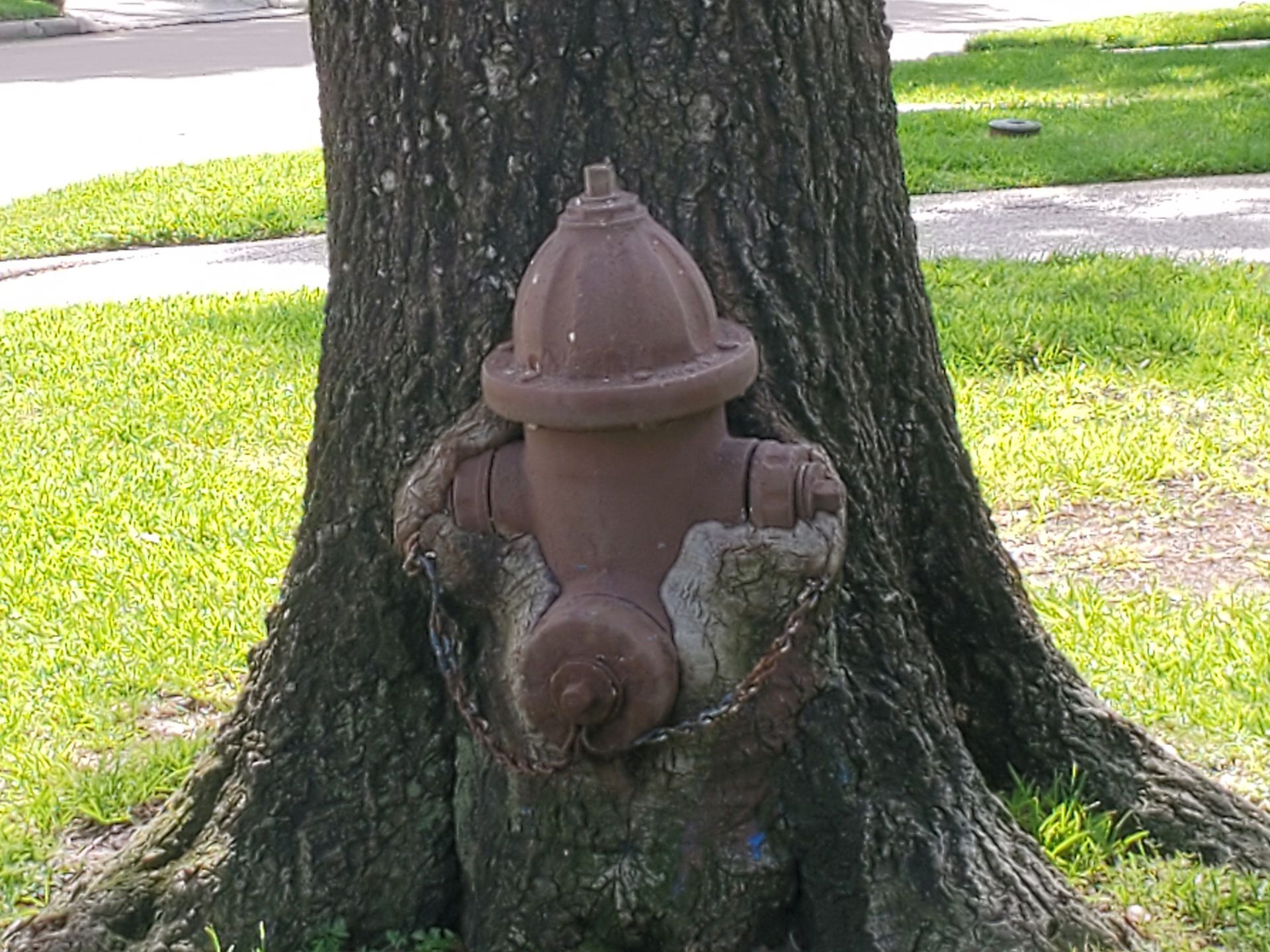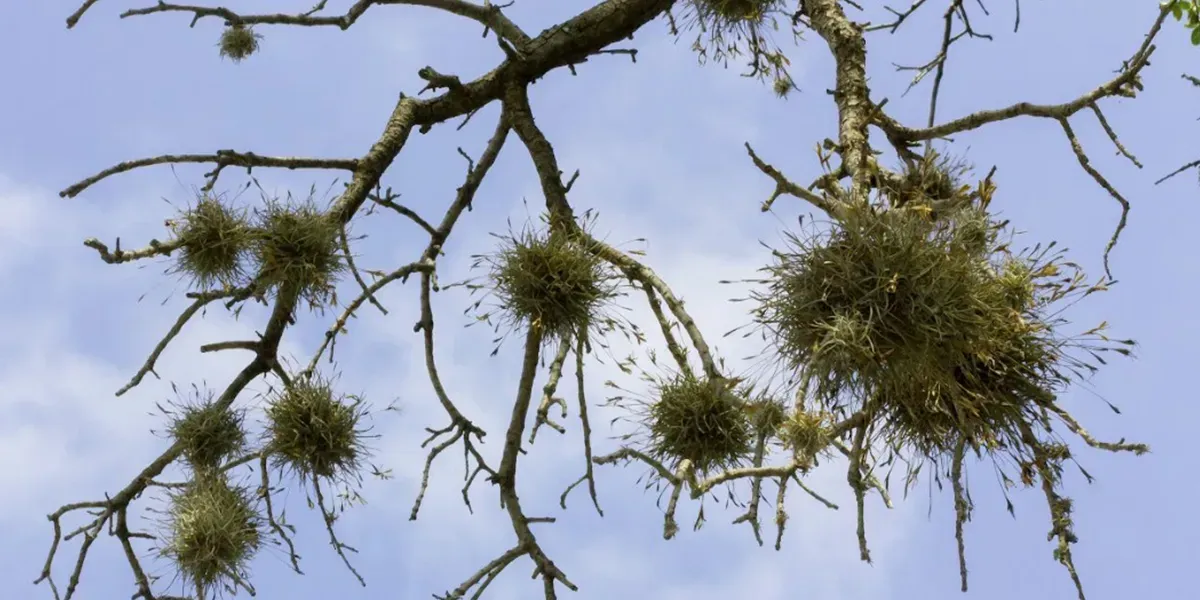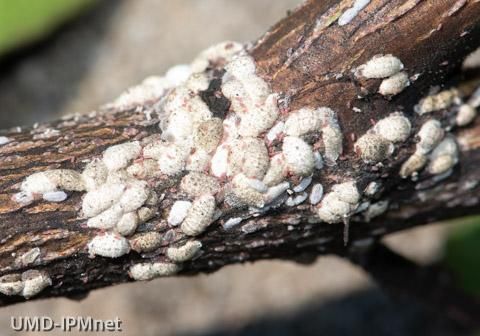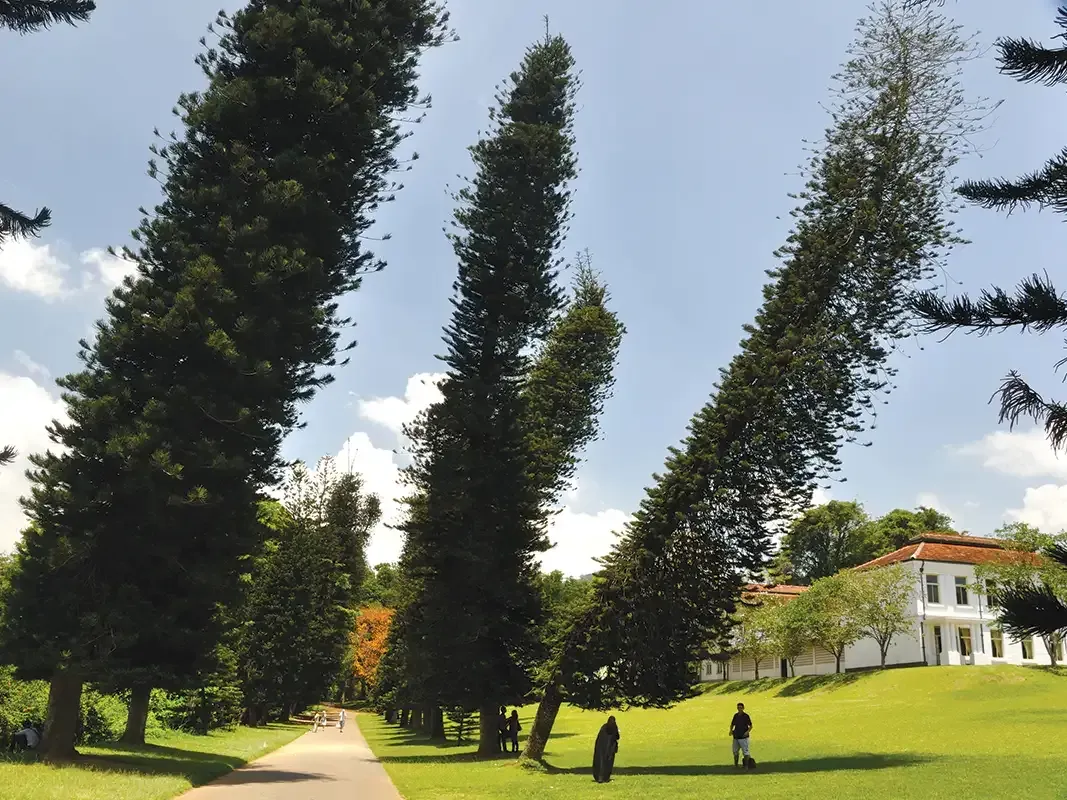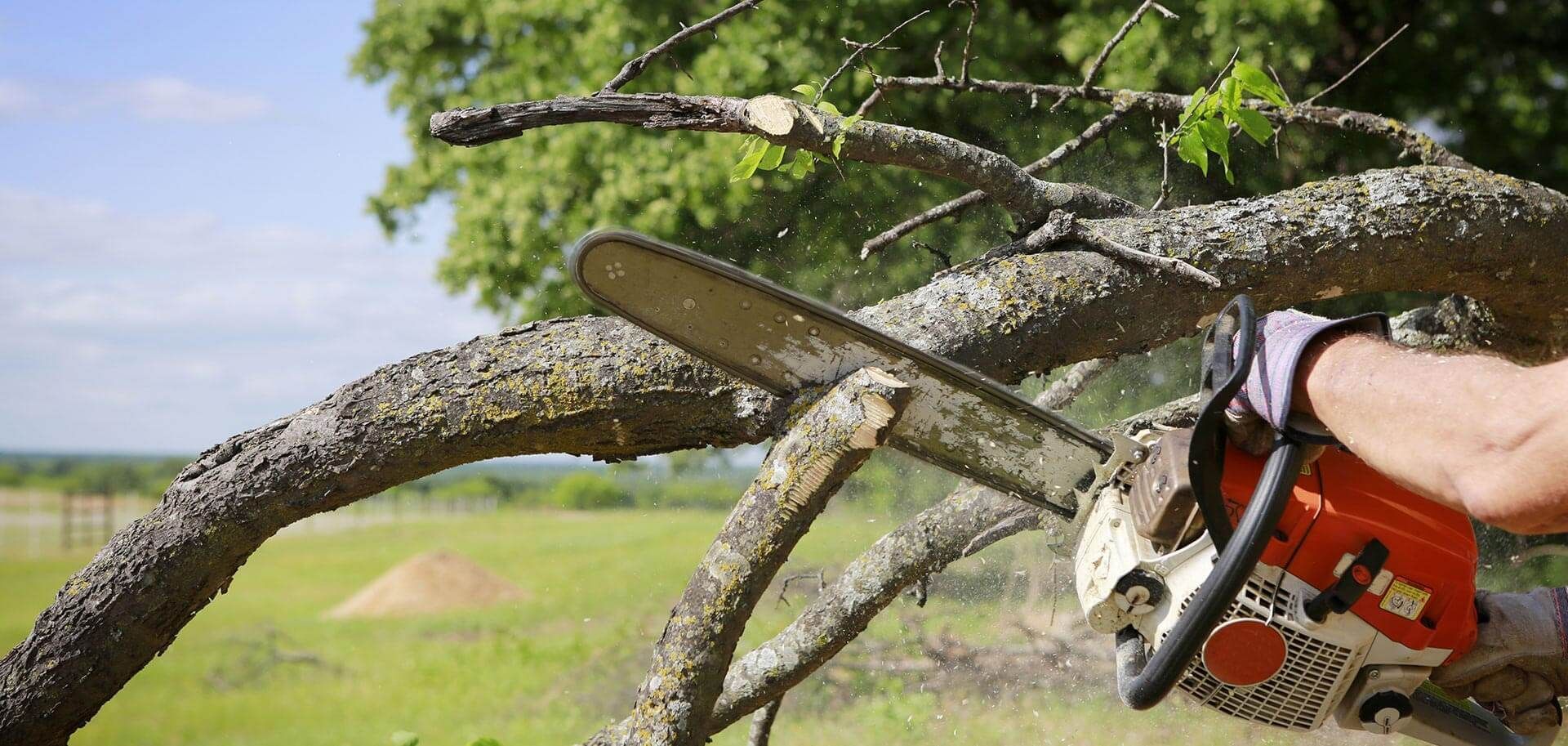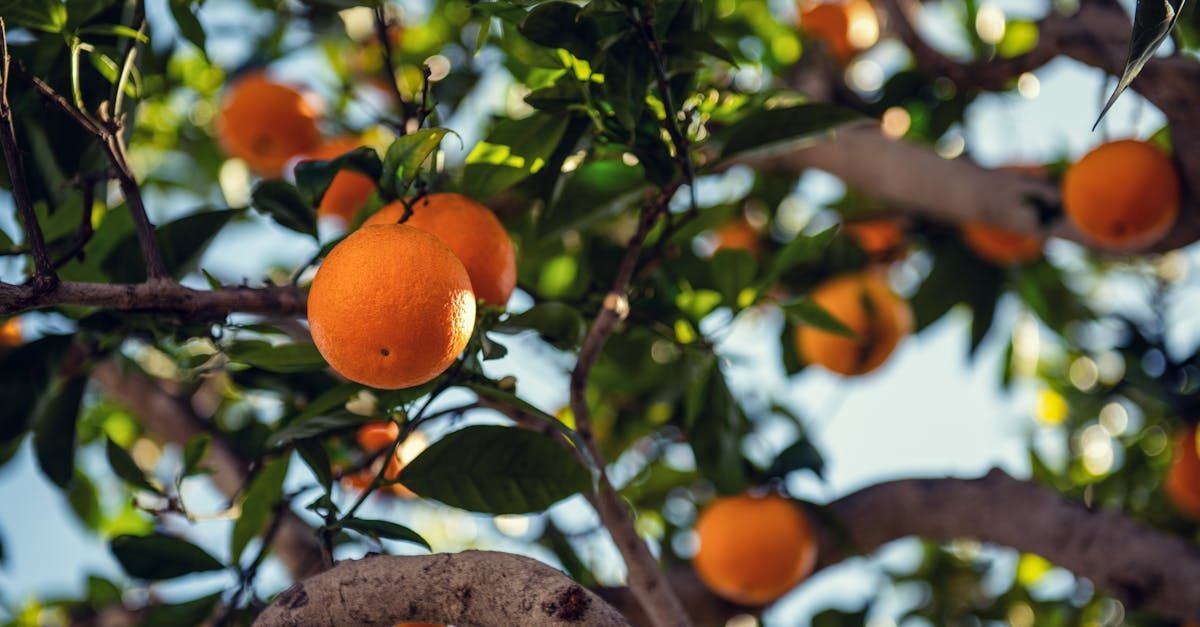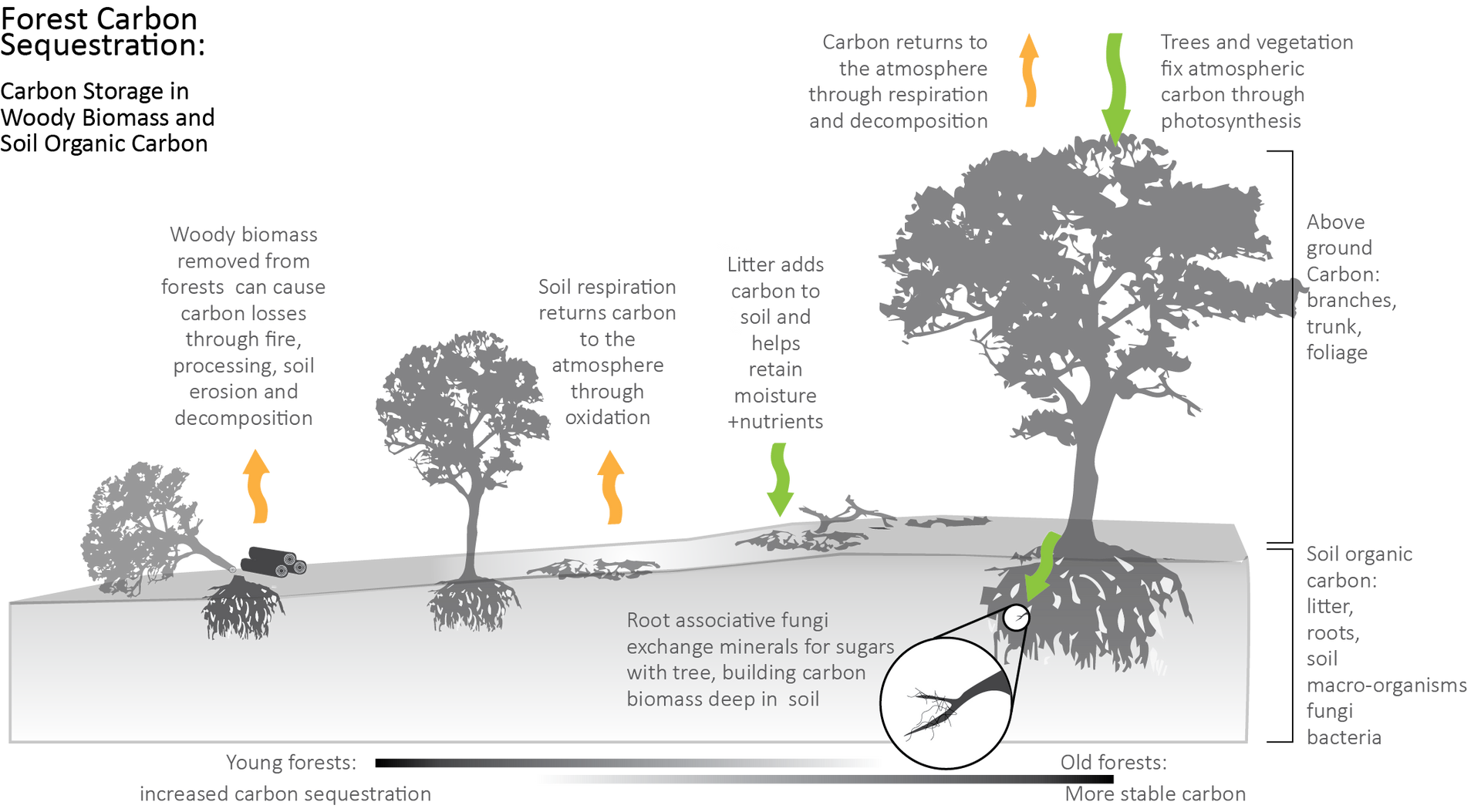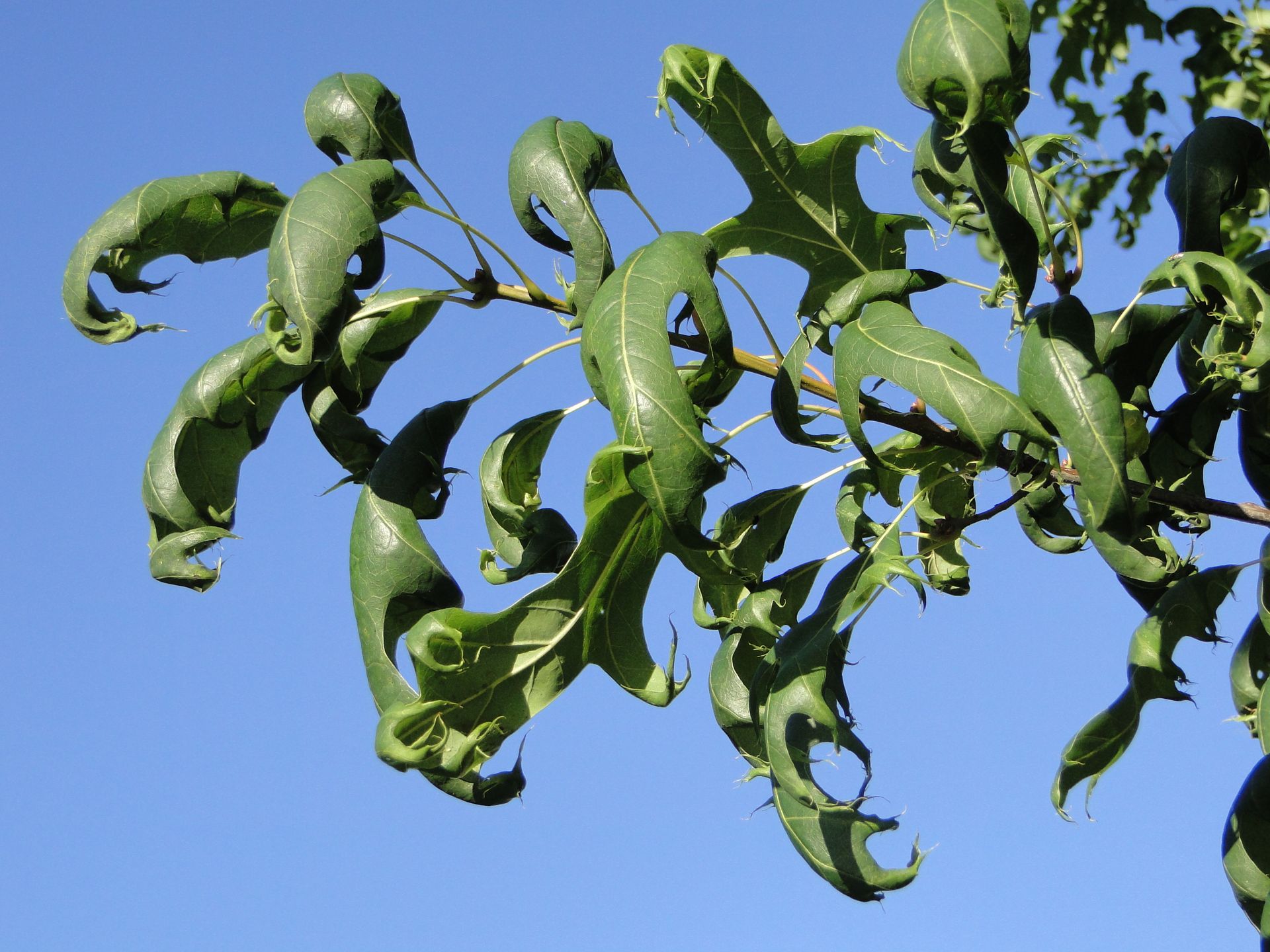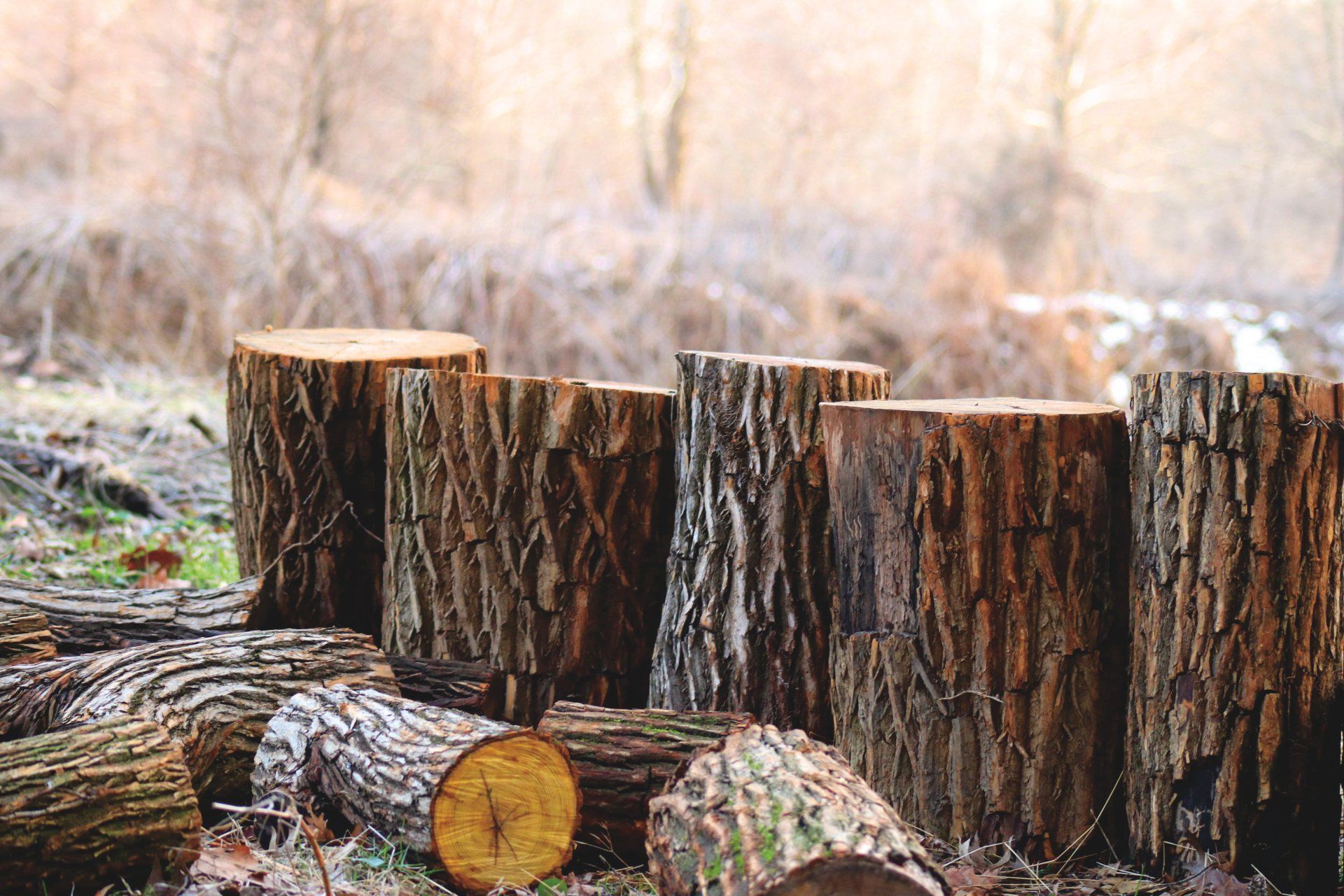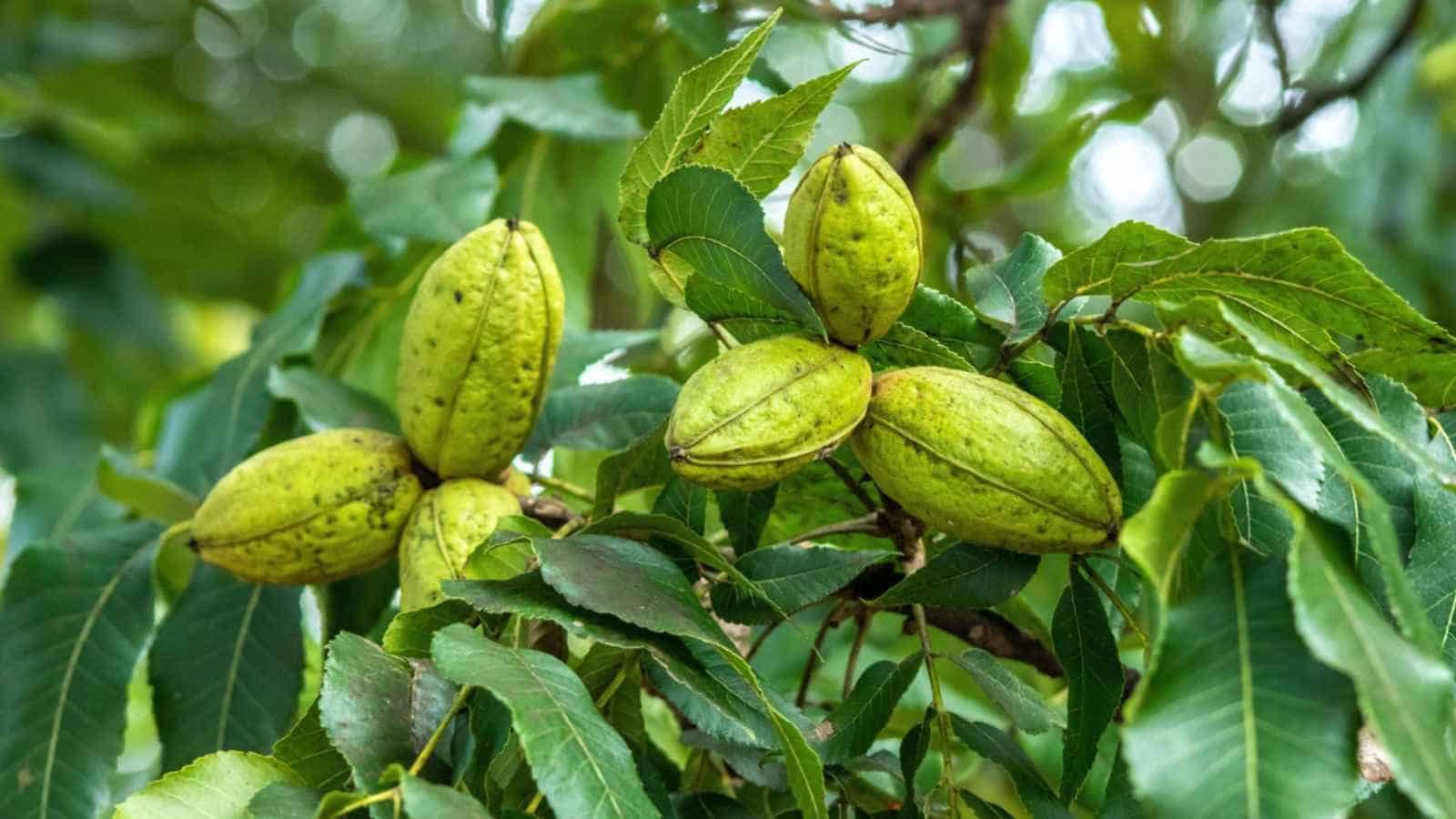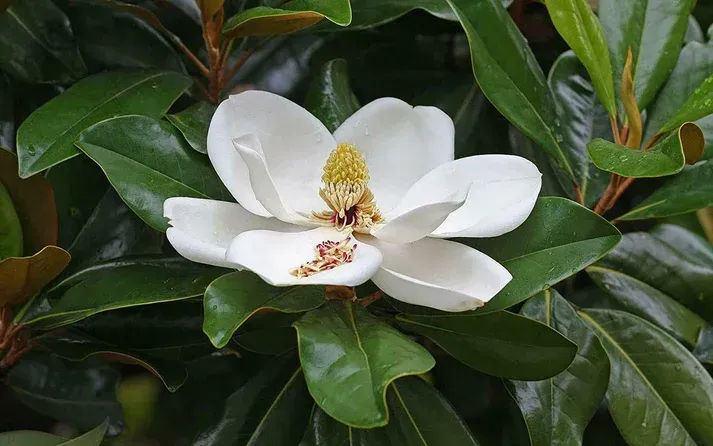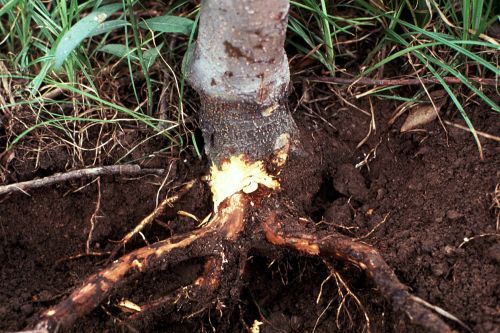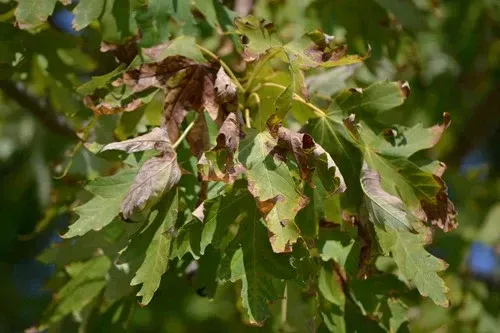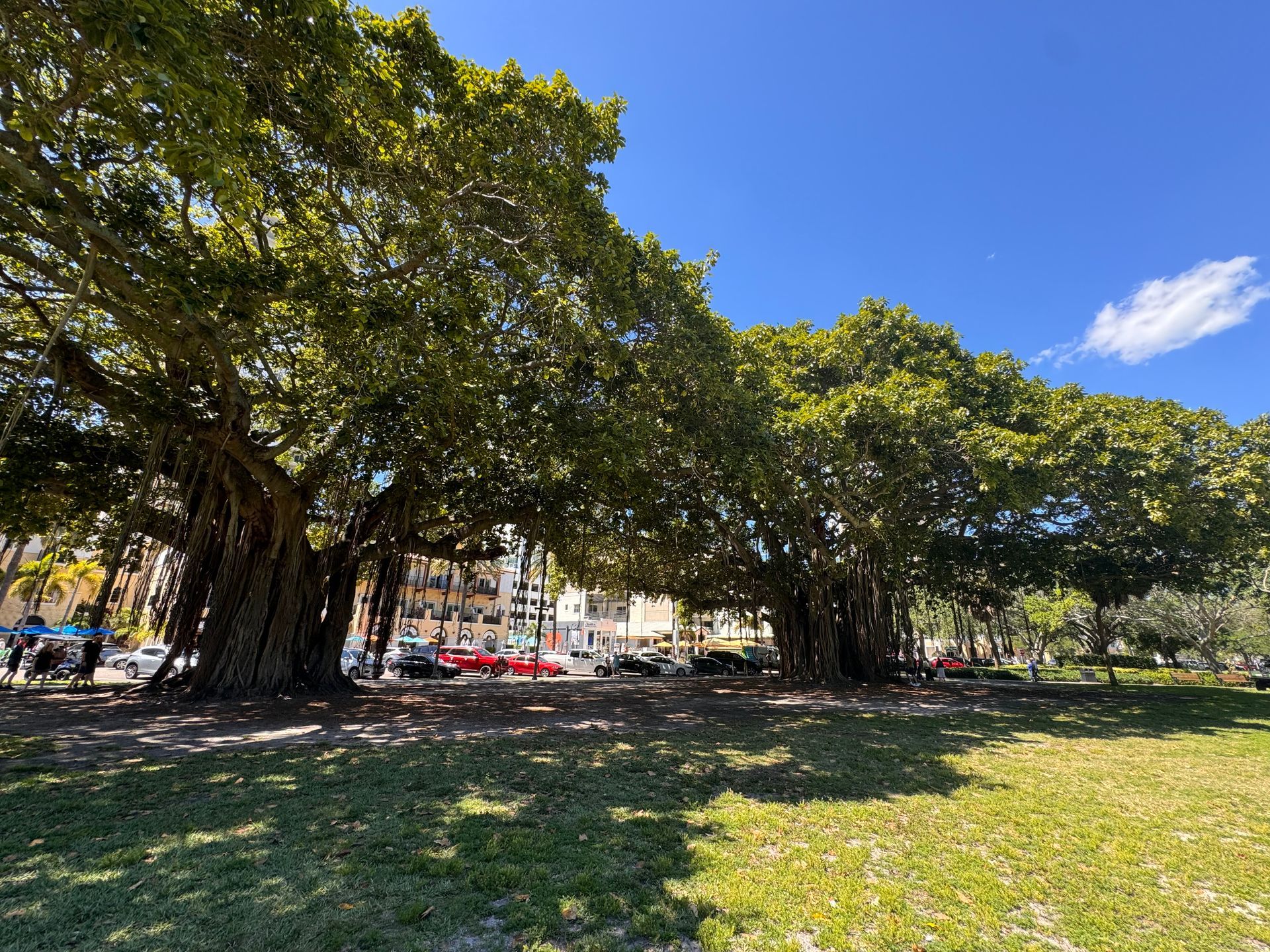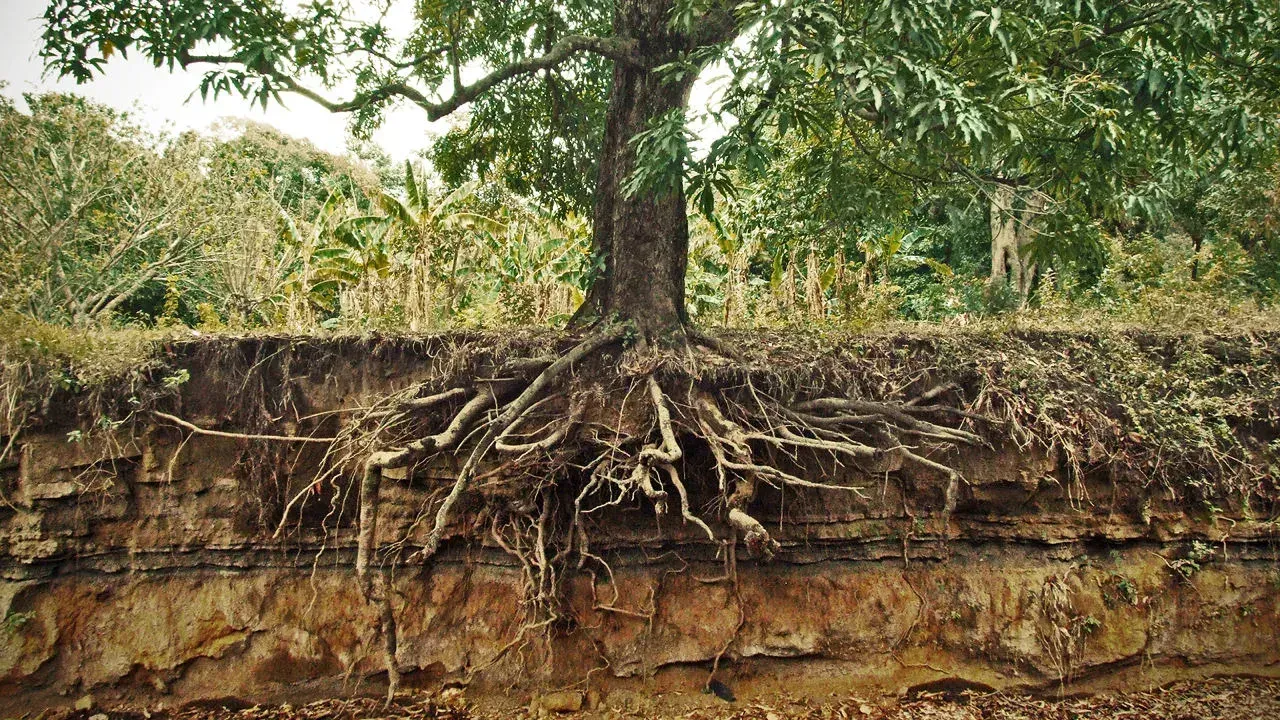Liriope’s Muse: Tree Care Tips from a Master Arborist
TRUSTED TREE CARE SERVICES SINCE 1970
Liriope's Muse - Is Lichen Harmful to Trees? Separating Myth from Reality
Lichen is a fascinating organism that often raises concerns among tree owners. Many homeowners notice lichen growing on their trees and wonder if it poses a threat to the health of their landscape. As a certified arborist, I aim to clarify the facts and dispel common misconceptions about lichen and its relationship with trees.
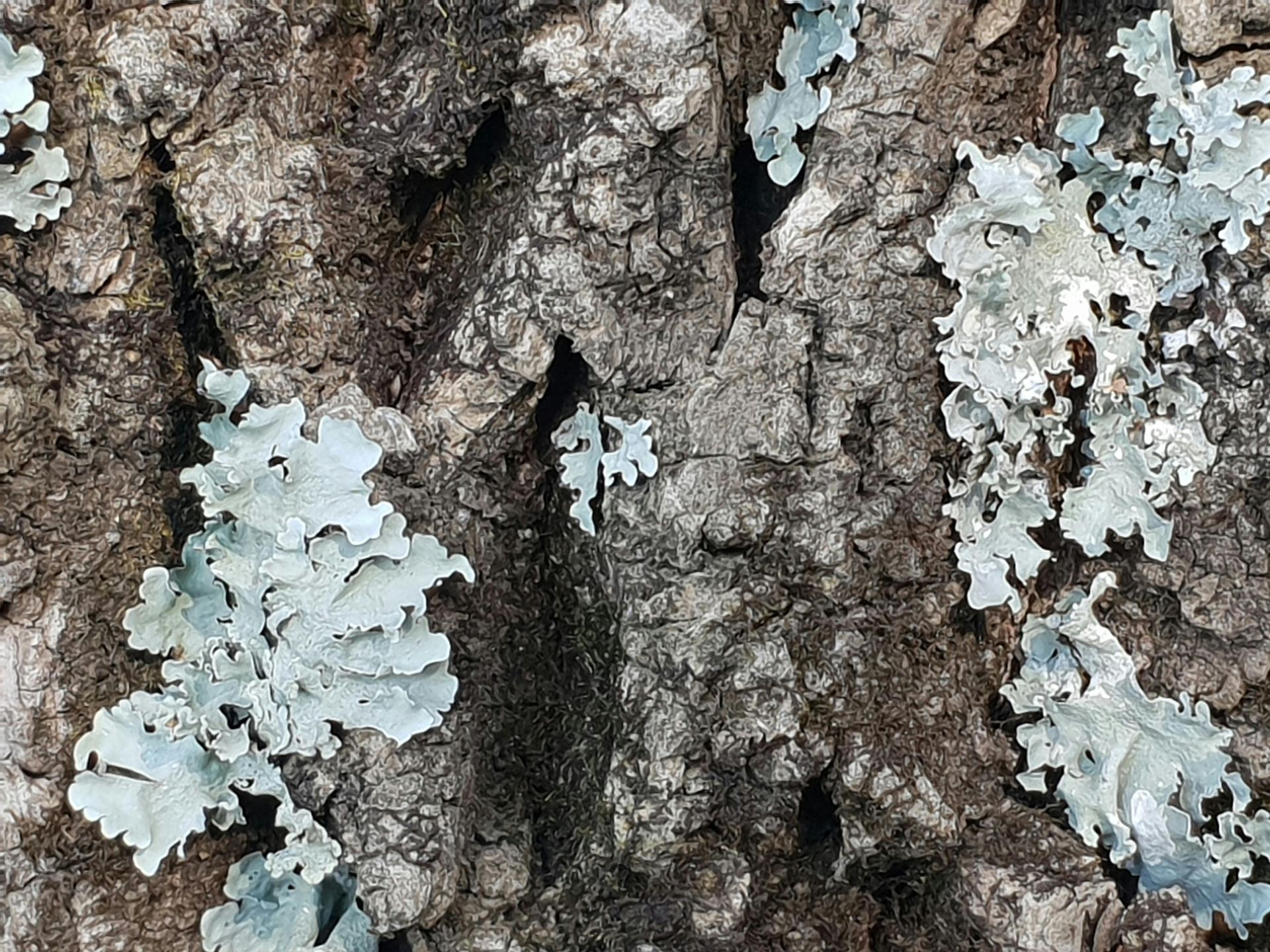
What is Lichen?
Lichen is not a single organism but rather a symbiotic partnership between fungi and algae or cyanobacteria. The fungal component provides structure and protection, while the algae or cyanobacteria contribute photosynthesis, producing energy. This unique partnership allows lichen to thrive in various environments, including tree bark.
Is Lichen Harmful to Trees?
The short answer is no, lichen itself is not chemically harmful to trees. Lichen is non-parasitic, meaning it does not feed on the tree or draw nutrients from it. Lichen does not penetrate the tree's vascular system, making it biologically harmless.Instead, it uses the tree's bark as a surface to grow on, similar to how moss or ivy might attach to a structure. That said, if the lichen growth is heavy and begins to cover the trees bark completely it can hinder the tree's ability to photosynthesize, leading to an overall reduction of vigor. Especially if the tree is a deciduos tree.
However, heavy lichen growth can sometimes be a sign of underlying tree stress or declining health. Trees with sparse canopies or poor vigor often have more exposed bark, creating ideal conditions for lichen colonization. Therefore, while lichen is not the cause of tree decline, its presence can sometimes indicate an existing issue.
Managing Lichen on Trees
Since lichen does not often harm trees, removal is generally unnecessary. However, if its presence is aesthetically undesirable or linked with a tree's poor health, consider the following strategies:
- Improve Tree Health: Promote overall tree health through proper watering, mulching, and fertilization.
- Tree Inspection: Have a certified arborist inspect the tree to identify potential health issues contributing to lichen proliferation.
- Have your tree treated: Connect with an arborist who offers the proper treatment for mitigating and eradicating the lichen plaguing your tree.
Conclusion
Lichen is a natural, beneficial organism that is rarely a cause for concern in tree care. Its presence often signals a healthy environment rather than a threat. However, it can occasionally indicate underlying tree health issues. If you have concerns about your trees, consulting with a certified arborist can provide clarity and ensure the longevity and health of your landscape.
For professional tree care services and expert advice, contact us today. We are committed to educating the community and promoting healthy, thriving trees.
Liriope’s Muse - Expert Tree Care Tips
